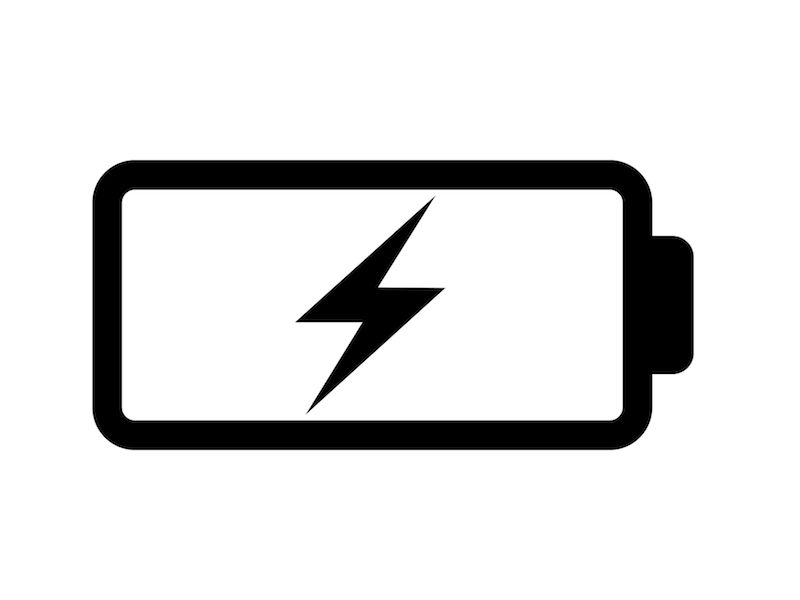
Stressing about losing battery power is something you shouldn’t have to do with rechargeable hearing aids, but when you depend on this technology, it might make you a little concerned. Do rechargeable hearing aids work as well as marketed or do they even work at all?
Those questions are understandable, as is the accompanying anxiousness. A hearing aid can be a necessary element of one’s everyday life, as necessary for a simple visit to the grocery store as they are for the enjoyment of a television show or movie. When a piece of technology impacts so many aspects of your life, it’s crucial that it work correctly and dependably.
What Type of Battery do I Have?
Most contemporary hearing aids have rechargeable batteries by default, so it’s likely if you bought your hearing aids recently, it has one of two kinds of batteries. Silver-zinc batteries, which can usually be distinguished by a battery door on the device, are rechargeable, but the batteries might have to be replaced every so often. A Lithium-ion battery, however, will not have a battery door because the batteries will last as long as the hearing aid does.
Rechargeable Hearing Aids Need Special Care
For the most part, rechargeable hearing aids do work, and they work well. The dependability of these devices has increased significantly in the last few years, as battery technologies have advanced. In order to improve reliability, however, there are some maintenance measures users can take as they would with any other electronic technology.
- Keep Your Hearing Aids on The Charging Station: If your hearing aids have rechargeable batteries, you can increase the battery life of your device by making sure that you consistently store your hearing aids on their charging station. Charging a battery that is not totally drained does not reduce long-term battery life. In fact, you can actually enhance the life of the battery by making sure your hearing aids are charging when not in use. For many people, putting their charging station beside their bed is a simple reminder to charge the devices when it’s not being used.
- Keep Your Hearing Aids Dry and Clean: No matter how often you use or do not use your hearing aids, they have abundant opportunity to accumulate dust, debris, and moisture. Your hearing aid might not thoroughly charge if it is subjected to any of these three things. When connecting your hearing aid to your charging station, as with any other time, it’s a must to keep your device clean.
- Be Careful of Wires: Most hearing aids will have a wire element of some kind, either on the charging station or on the hearing aids themselves. Being aware of these wires is crucial for hearing aid users; the connection that allows the device to charge can be broken if you pull on or hold it by the wires.
How to Change a Rechargeable Battery
If you have lithium-ion batteries, they should last as long as your device does. So replacing those batteries shouldn’t be something you ever have to worry about. Your hearing aids can then be simply charged as long as needed.
Hearing aids that depend on silver-zinc batteries, however, may need fresh batteries once in a while. Replacing batteries in the right way can help improve the longevity of your hearing aids. Because of this, hearing experts suggest the following:
- Let the batteries sit out at room temperature for at least five minutes before taking off any tabs that may be attached.
- Clean and free of moisture is the state that your battery compartment should be kept in.
- Don’t remove any plastic tabs or packaging until you’re ready to use batteries.
- Remember to wash your hands before replacing your hearing aid batteries.
- Make certain you have a dry, room temperature spot to keep your batteries.
Non-Use For Long Periods
If you are planning not to use your hearing aids for long periods of time, leaving them on the charger may no longer be the best way to store your devices. Just unplug your hearing aid and store it in a cool dry place if, for instance, you know you won’t be wearing them for several weeks or a month.
Consider leaving the battery door open so you can prevent moisture from corroding the batteries if you have silver-zinc batteries.
Keep it Charged Every Day
For most people, and for everyday use, charging your hearing aids once per day should be sufficient for all of your needs. To get 24 hours worth of battery life with a lithium-ion battery will usually only require 3-4 hours every day.
Do rechargeable hearing aids work? Not only do they work, but rechargeable hearing aids will most likely become more and more common and reliable as the technology continues to develop. To see all the different models, make an appointment with your local hearing aid retailer.
